When my daughter was eighteen months old, someone asked me, “So, what are you doing about her spiritual development?” My mind went blank. Was I supposed to be doing something? She’s still a baby! So I answered, “Keeping her alive.”
But it got me thinking – what am I doing for her spiritual development? At what age does attention to spiritual matters begin to be important?
As I considered these questions, I realized that just like every other part of my child’s growth, her spiritual development also began at birth. Children don’t suddenly pick up faith when they’re three or seven or twelve. They develop it steadily over time and through spiritual practice – regular church attendance, praying, singing songs of worship, hearing scripture, talking about God, and observing the faith practices of their parents and community.
This is both deeply reassuring (no one thing you do will make or break your child’s faith) and wildly intimidating (everything you do is forming your child in small ways).
One area of faith formation which is unintentionally overlooked is our theology of the body. While many of us would affirm God created our bodies and desires us to use our bodies to honor him, I wonder how often we live that truth in our daily lives. Do we sigh over our postpartum shape? Do we respect our bodies with appropriate care like nutrition and exercise? Do we have grace for our bodies, practicing gratitude for the million large and small ways they sustain us and our families every day?
For my own children, there are three things about the body I want them to know. Their self-identity and their respect for all others need to be founded (in part) on these truths:
God created our bodies
Genesis 2:7 tells us, “Then the LORD God formed the man of dust from the ground and breathed into his nostrils the breath of life, and then became a living creature.” God created us embodied before man ever sinned, therefore…
Our bodies are good
They are not an evil to be finally escaped in death, but a cherished part of who we are as God’s beloved creatures. The Psalmist says, “I praise you for I am fearfully and wonderfully made.” (Psalm 139:14)
Our bodies are an integral part of worship
Paul reminds us in 1 Corinthians 6:19-20, “Do you not know your body is a temple of the Holy Spirit within you, whom you have from God? You are not your own, for you were bought with a price. So glorify God in your body.” Our body isn’t an impediment to God, but rather a conduit for experiencing God more fully.
Bodies are so vitally important that God had to come in a body, die in a body, and be resurrected in a body for our salvation. And in that death and resurrection, Christ grafts us into him – to be His body.
The holiday we just celebrated, Easter, is all about the body – it’s a celebration of Jesus’ physical body walking out of the tomb. To be an Easter people means that we hope in God’s restoration of the whole self – no part excepted, no part excluded.
As we bask in the joy of the resurrection, the hope of our life to come in the new heavens and the new earth in our new bodies – I invite you to consider the ways you interact with your body, and what subtle messages those interactions send to your children. Do you treat your body as if it is as beloved by God as your heart and soul? Do you help your children to see that their whole self as cherished by God?
Take a season to live into the goodness of being embodied, delighting in the many tangible, fragrant, beautiful, delicious, melodious pleasures that being a creature of God has to offer.
***
Danielle Hitchen is the author of the Baby Believer Primers. Her second book, Psalms of Praise: A Movement Primer, is all about the many fun way kids can use their wiggly bodies to praise God. She lives in the DC area with her husband, Nathan, and their two delightful and wiggly children.


Leave a Reply